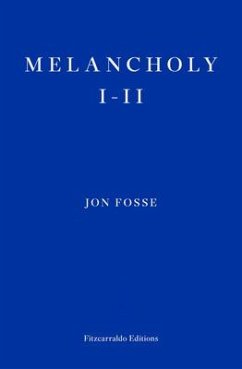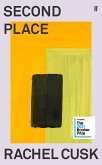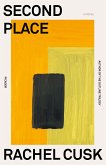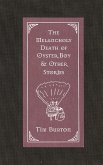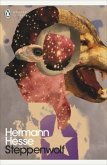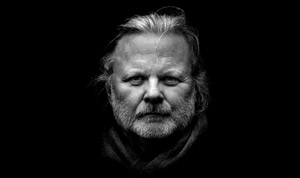Melancholy I-II is a fictional invocation of the nineteenth-century Norwegian artist Lars Hertervig, who painted luminous landscapes, suffered mental illness and died poor in 1902. In this wild, feverish narrative, Jon Fosse delves into Hertervig's mind as the events of one day precipitate his mental breakdown. A student of Hans Gude at the Academy of Art in Dusseldorf, Hertervig is paralyzed by anxieties about his talent and is overcome with love for Helene Winckelmann, his landlady's daughter. Marked by inspiring lyrical flights of passion and enraged sexual delusions, Hertervig's fixation on Helene persuades her family that he must leave. Oppressed by hallucinations and with nowhere to go, Hertervig shuttles between a cafe, where he endures the mockery of his more sophisticated classmates, and the Winckelmann's apartment, which he desperately tries to re-enter - a limbo state which leads him inexorably into a state of madness.
Bitte wählen Sie Ihr Anliegen aus.
Rechnungen
Retourenschein anfordern
Bestellstatus
Storno

